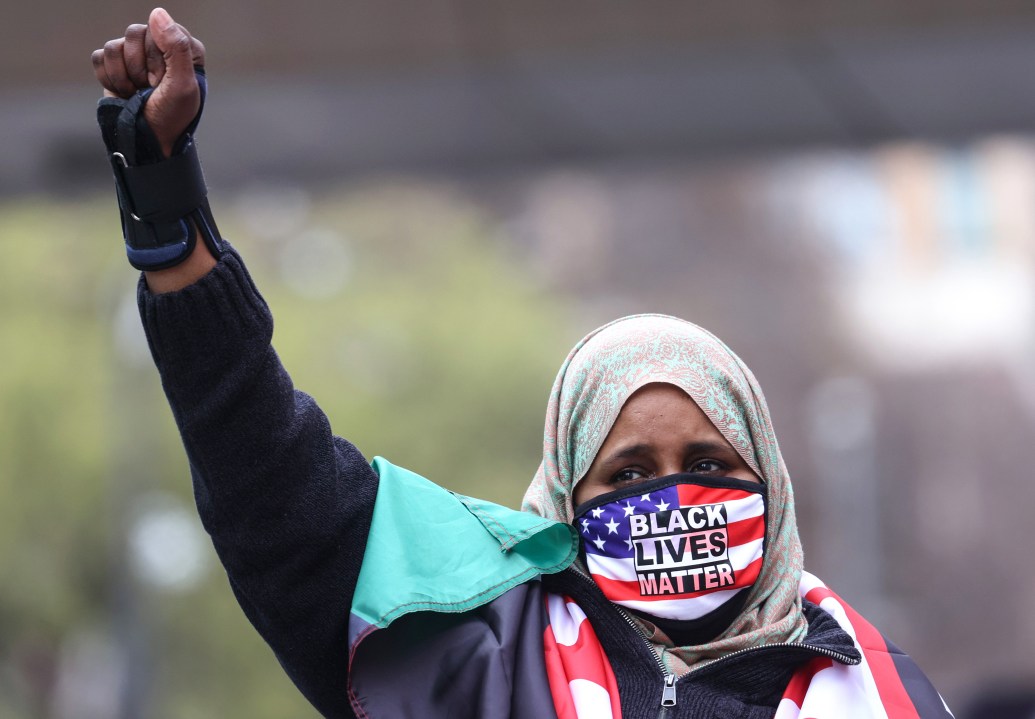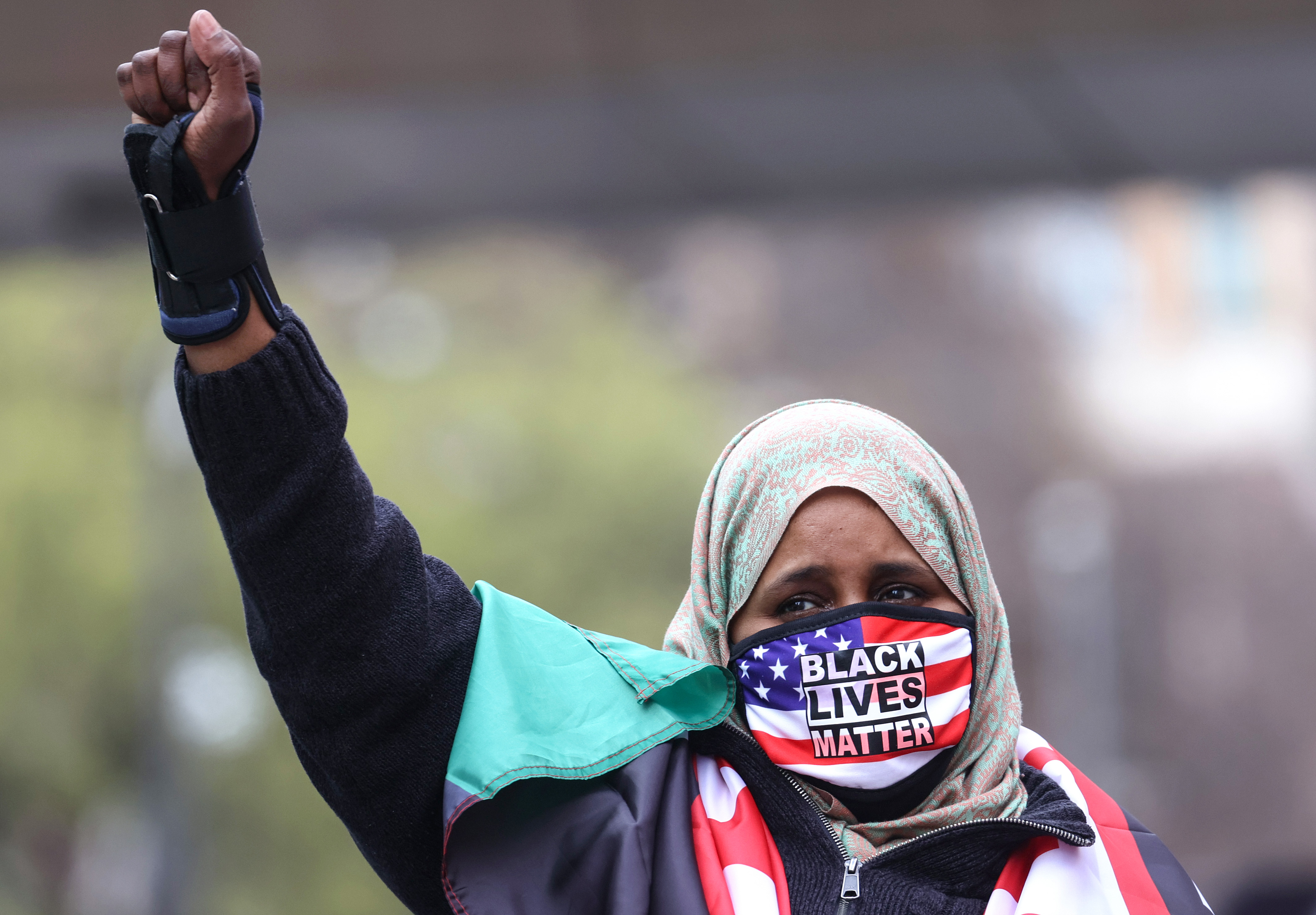A trial in the District Court of Minnesota is set to change America. Derek Chauvin has been found guilty of murdering George Floyd last summer, when the police officer shoved his knee into the civilian’s neck for nearly ten minutes, after Floyd was suspected to be using a forged $20 note. Over 40 witnesses gave evidence during the 15 day trial but the jury was swift and unanimous in their decision: Chauvin was declared guilty on all three counts: second-degree manslaughter, second-degree and third-degree murder.
George Floyd’s death sparked worldwide outrage: the video – filmed by 17-year-old Darnella Frazier – showed the most brutal, and ultimately fatal, tactics being used on a man who said in the footage 27 times he was struggling to breathe. It quickly came to represent an ugly truth in America: the blind eye turned to the militarisation of our police forces and the black Americans who disproportionately suffer from its brutal consequences.
Although the verdict has now been issued, there is still much more to come
President Joe Biden described the verdict as a ‘moment of significant change’ in how the country will hold law enforcement to account in the future. Boris Johnson has sent his thoughts to Floyd’s family and friends while Justin Trudeau marked the moment as one of ‘accountability’ that should lead to tackling ‘systematic racism’ in both the US and Canada.
But although the verdict has now been issued, there is still much more to come. Chauvin’s sentencing, which will determine how long he spends behind bars, is set to take place in June. Judge Peter Cahill, who has presided over the trial, will determine the prison sentence, after Chauvin waived his right to have the jury consider the ‘aggravating factors’. Chauvin has no criminal history record, which will be taken into account in the sentencing. But this may be counter-balanced by the state’s push for harsher sentencing, given Chauvin’s disproportionate use of force and the way in which he abused his position of authority.
It is also expected that the defence will appeal the result. This likelihood increased yesterday, when Joe Biden expressed his opinion on the live court case, praying for the ‘right verdict’ to be delivered. The jury was sequestered, meaning his comments should not have been able to influence their thinking. But Judge Cahill set a precedent earlier in the day, in light of comments made by Rep Maxine Waters about protesting, that such events may give the defence grounds for appeal. This is also not the only trial linked to Floyd’s murder: the three other officers present for Floyd’s death will stand trial later this summer.
Yesterday’s verdict will have delivered a strong sense of justice – for Floyd’s family, friends and countless others in America and abroad who mourned his loss and the many black victims of police brutality he represented. But it is by no means an ending. The pressure is on to create new standards of police accountability. The dangers of ‘qualified immunity’ – which has been used in America to ensure officers only face punishment if their crime clearly infringes on an established, often technical, right – is now much better known throughout the country. The power of holding cops accountable through video has sparked national conversation about better public policy around body cameras.
There is an opportunity in all this for a politically divided America to come together on certain issues. The police reform bill, named after Floyd, passed through the House of Representatives last month, mostly along party lines, but will take at least ten Republican votes in the Senate to go through. Done right, it could be a huge symbol of unity and commitment to reform. If the past year’s outpouring of sadness over the killing of Floyd is anything to go by, there is real appetite amongst Americans for their representatives to rise above the politics – and take action.








Comments